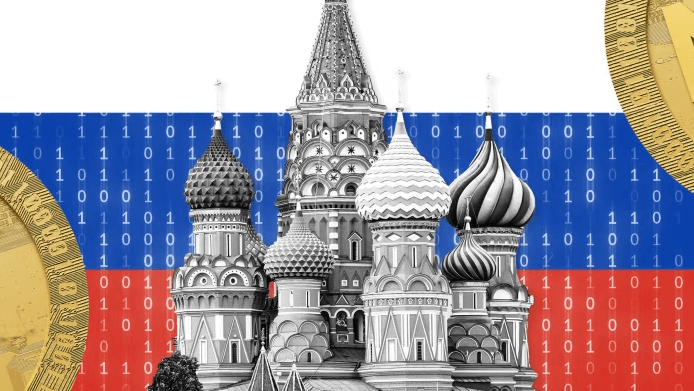In a bold and unprecedented move, Pakistan has announced the allocation of 2,000 megawatts (MW) of surplus electricity to support Bitcoin mining and artificial intelligence (AI) data centers, marking a strategic shift in the country’s approach to emerging technologies and digital finance.

This initiative is part of a broader national plan to utilize excess energy production from underused power plants while simultaneously attracting foreign direct investment into the country’s tech infrastructure. Pakistan, which has long struggled with energy mismanagement and economic instability, now aims to turn its energy surplus into a growth engine by embracing blockchain technology and AI innovation.
According to the government’s new policy, specially designated industrial zones will host mining and AI operations, providing investors with access to dedicated power supplies, tax incentives, and regulatory clarity. Officials highlighted that this move is expected to generate thousands of jobs, increase national revenues, and diversify the country’s technological capabilities.
Bitcoin mining, an energy-intensive process that secures the Bitcoin network and validates transactions, has often faced criticism due to its carbon footprint. However, Pakistan’s approach seeks to mitigate these concerns by utilizing electricity from hydropower and other renewable sources that are currently underutilized during off-peak seasons. This not only optimizes the nation’s energy grid but also positions Pakistan as an environmentally conscious destination for crypto infrastructure.
In parallel, the focus on artificial intelligence reflects Pakistan’s ambition to become a regional tech hub. The government is actively partnering with local universities and foreign tech firms to build AI research centers and training programs, aimed at upskilling the country’s youth and boosting global competitiveness.
Industry analysts view this dual commitment to crypto and AI as a significant turning point. By legalizing and formalizing Bitcoin mining and AI development, Pakistan is aligning itself with other forward-looking nations that are integrating digital assets and cutting-edge computation into their economic strategies.
Still, challenges remain. Regulatory uncertainty, cyber risks, and infrastructure limitations could hamper implementation. Additionally, political instability may affect the long-term success of such initiatives. Nevertheless, the move has been welcomed by the global crypto and tech communities as a progressive step forward.
If executed effectively, Pakistan’s 2,000 MW tech allocation could transform the nation into a rising digital powerhouse in South Asia — attracting innovation, capital, and attention on a global scale.
Disclaimer: This article is for informational purposes only and is not investment advice. Investors should research carefully before making any decisions. We are not responsible for your investment decisions.
















